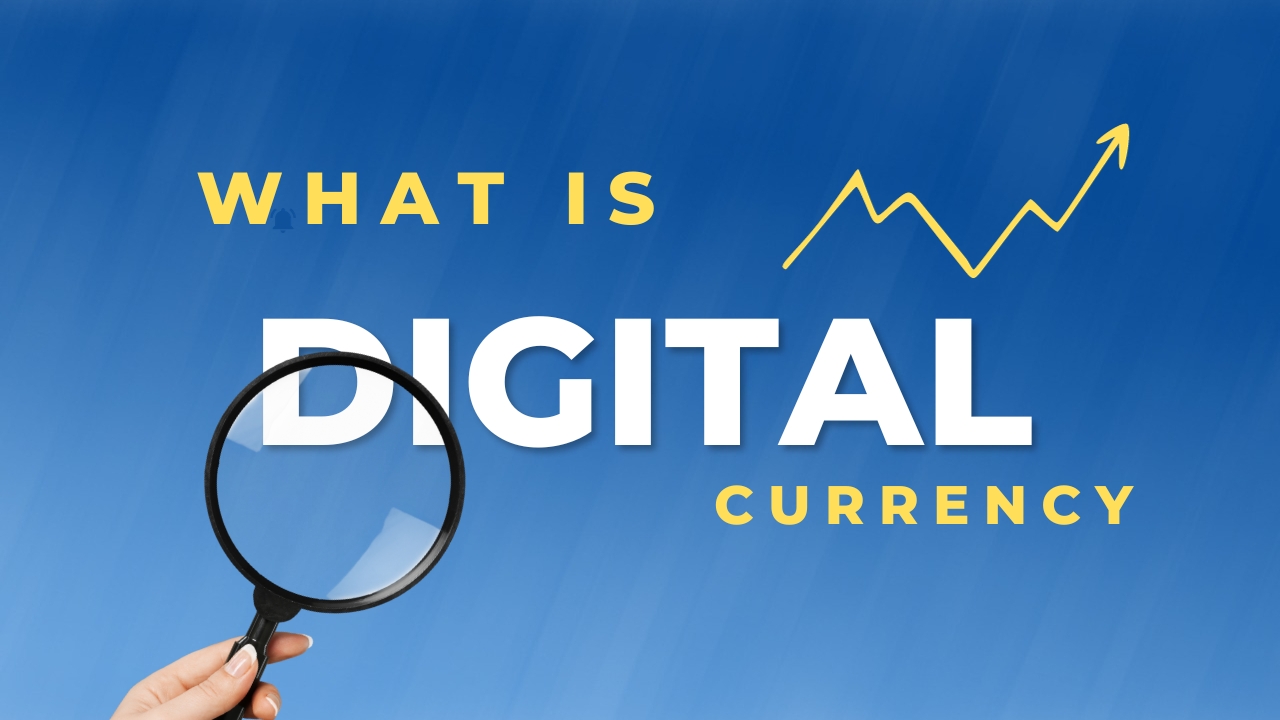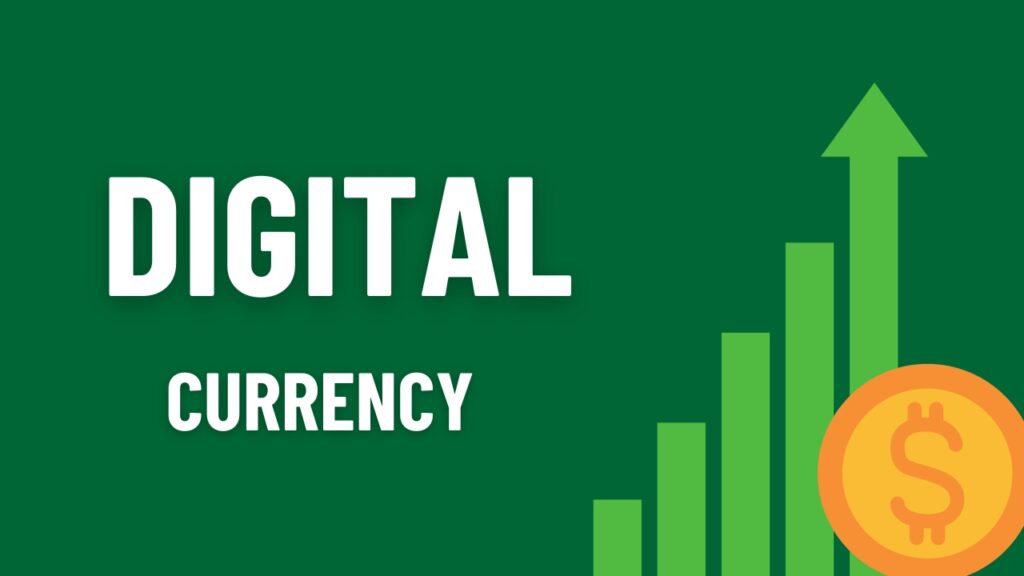
Introduction
In today’s rapidly evolving technological landscape, digital currencies have emerged as a revolutionary form of financial innovation. With the rise of blockchain technology, the concept of money has taken on a new dimension, giving birth to digital currencies that offer efficiency, security, and borderless transactions. In this article, we’ll delve into the world of digital currency, exploring its definition, examples, mechanics, and its status as “real” money.
What is a Digital Currency in Simple Words?
At its core, digital currency is a type of virtual or electronic money. Unlike traditional physical currencies such as coins or banknotes, digital currencies exist only in digital form, stored electronically on computers and databases. They are designed to facilitate online transactions and have the potential to reshape the way we engage with money.
An Example of a Digital Currency
One prominent example of a digital currency is Bitcoin. Created in 2009 by an individual or group operating under the pseudonym Satoshi Nakamoto, Bitcoin introduced the concept of decentralized digital currency. It operates on a decentralized peer-to-peer network, allowing users to send and receive funds without the need for intermediaries like banks. Transparency and security are guaranteed through the blockchain, a public database that stores all Bitcoin transactions.
What is Digital Currency and How Does It Work?
The digital currency operates within the realm of cryptography and blockchain technology. Cryptography ensures the security and privacy of transactions, while blockchain serves as the digital ledger that records all transactions in a transparent and immutable manner.
When a digital currency transaction is initiated, it is verified by a network of computers (nodes) through complex mathematical algorithms. Once verified, the transaction is added to the blockchain, becoming a permanent part of the digital currency’s history. This decentralized nature eliminates the need for a central authority to oversee transactions, making digital currency transactions faster and potentially more secure.
Is Digital Currency Real Money?
The question of whether digital currency qualifies as “real” money often sparks debates. While digital currencies lack physical form, they possess the key attributes of money: they can be used as a medium of exchange, a store of value, and a unit of account.
However, the classification of digital currency as real money can vary depending on jurisdiction. Some governments and financial institutions recognize certain digital currencies as legal tender, while others view them as commodities or assets. The growing adoption and regulatory efforts are gradually legitimizing digital currencies, blurring the lines between virtual and physical money.
Conclusion
In conclusion, digital currency represents a significant paradigm shift in the world of finance. As technology continues to advance, digital currencies like Bitcoin, Ethereum, and others are gaining traction as viable alternatives to traditional forms of money. Their ability to transcend borders, provide financial access to the unbanked, and streamline global transactions showcases their transformative potential.
Whether digital currency will eventually replace physical currency or merely coexist alongside it remains uncertain. What is certain, however, is that digital currency is a force to be reckoned with, reshaping the way we perceive and interact with money in the digital age. As the world navigates this new financial frontier, staying informed about the intricacies of digital currency is not just an option, but a necessity.
By understanding the fundamentals of digital currency, individuals can make informed decisions about their financial interactions and investments in this rapidly evolving landscape. As technology continues to propel us forward, embracing the possibilities of digital currency might just be the key to unlocking a new era of financial inclusivity and empowerment.

